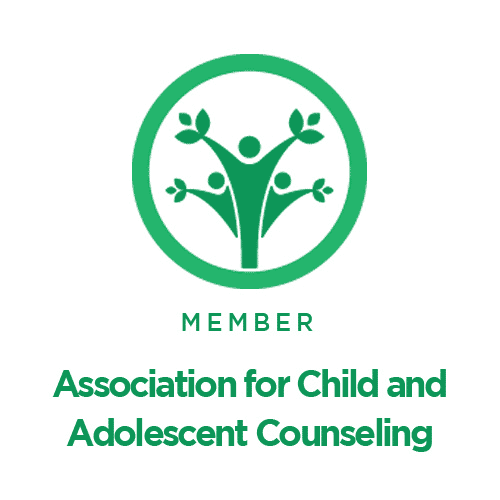It’s normal to desire appreciation from others, want to be told we’re doing a great job and have someone normalize our feelings. Validation from friends, family or colleagues can feel great and affirming! It’s nice to feel heard and understood. Like most things in life, moderation is the key to balance. Seeking validation from others becomes a problem when you start to rely on others to make you feel good and have a constant need for approval. As a result, you lose your opinion, your self-esteem goes down and on comes the depression and anxiety. Does this sound familiar? If so, it’s time to break the cycle and start practicing self-validation.
Self-validation is being able to understand and accept your thoughts and feelings for what they are without justification. This means no longer telling yourself how silly it is that you are upset over something or not needing a certain amount of likes or comments to believe your picture is good. Louis L. Hay says “You have been criticizing yourself for years, and it hasn’t worked. Try approving yourself and see what happens.” Here are some tips to help you start practicing self-validation:
Be aware of what you are thinking and feeling: Check in with yourself and acknowledge your thoughts and feelings. Make a conscious effort to ask yourself a few times throughout the day how things are going. With time and practice, self-awareness of your thoughts and feelings can increase, resulting in this step become second nature.
Stop the judgement: Once you’re aware of your thoughts and feelings, accept them. A big part of self-validation is changing your inner invalidating dialogue. Your thoughts and feelings aren’t silly, stupid or unimportant. You matter, lean in and accept yourself.
Replace invalidating statements: Try replacing invalidating statements with, “I accept the way I feel.” “It’s okay to cry or feel sad.” “I like the way I look.” “Everybody makes mistakes.” “Today is a hard day for me.” “I’m not perfect.” Invalidating or judging yourself only adds friction to your thoughts and feelings. Lean in and accept them.
Ask yourself for your own opinion before seeking external validation: Before you look to someone else for validation, ask yourself what you would tell a friend in need of help, ask yourself “What is my opinion.” The goals isn’t to eliminate reaching out to other people, it’s to practice giving yourself what you’re seeking first so you don’t become solely reliant upon others.
Get in the habit of asking yourself what you need: What you are seeking from other people is a good indicator of what you’re lacking. Am I looking for others to tell me how pretty my picture is because I’m doubting myself? How can you fulfill this need yourself first? Maybe by giving yourself 5 positive affirmations related to physical appearance.
Be the parent you are to your kids and might not have had growing up: Before invalidating your thoughts and feelings---STOP and think about what you’d say to your own kids. If you’d validate them, practice your own parenting skills on yourself. Give yourself some love!
Breaking the cycle of seeking external validation in place of self-validation takes practice, practice, practice. The good news is the cycle can be broken, self-validation can be learned and external validation can shift to an added bonus. Self-validation builds wisdom, promotes healthy self-esteem and teaches us how to accept ourselves-including all the imperfection. If you need help on your journey to self-validation, reach out! And congratulations on acknowledging your need for self-improvement, you already started! Remember, external validation is supposed to be the chocolate chip that enhances the cookie, not the entire cookie! What do you think?! See what I did there 😉








